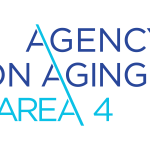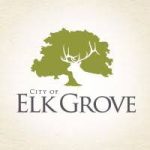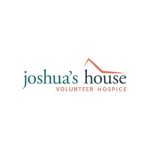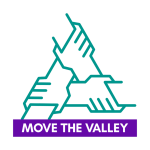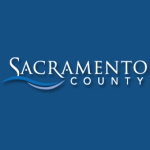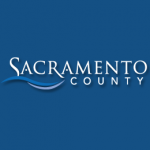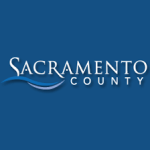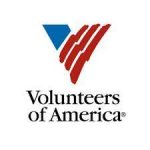As the adage goes, “When you can’t breathe, nothing else matters.” For those suffering from chronic obstructive pulmonary disease, struggling to breathe can be a way of life.
“COPD is a common respiratory condition characterized by airflow limitation. Ultimately 10% of individuals aged 40 years or older have COPD. There are estimates that COPD kills more than 120,000 individuals each year,” says Dr. Douglas Young of Northern California Research. “Symptoms of COPD typically are difficulty breathing and chronic cough, wheezing and decreased endurance because of shortness of breath or other symptoms.”
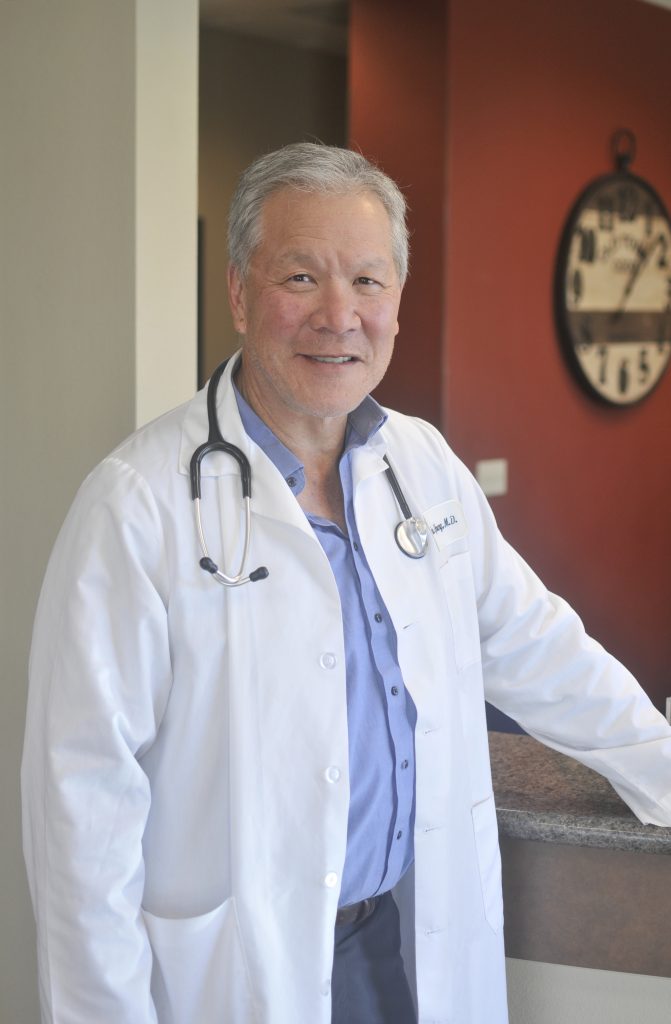
According to the Centers for Disease Control and Prevention, 16 million Americans suffer from COPD. As of 2018, it is the fourth leading cause of death in the United States. Those at highest risk include current and former smokers as well as those with a history of asthma. Patients have a higher risk of developing other chronic conditions such as heart disease, lung cancer, arthritis and diabetes. A progressive disease, COPD reduces the elasticity of bronchial tubes and air sacs in the lungs, leading to individuals having difficulty catching their breath. While there is no cure, COPD can be treated.
Today, treatments include fast-acting inhaled medications that expand airways. According to Dr. Young, certain patients also can benefit from steroids and antibiotics.
New treatments are also being developed. To that end, Northern California Research is currently looking for COPD patients to participate in clinical trials for these treatments.
“On the frontier are the innovation of biologic medications. These are monoclonal antibodies,” explains Dr. Young. “These components (they treat) may include persistent airway inflammation, airway cell damage, excess mucus production and defective mucus clearance. These drugs then may reduce the frequency and severity of COPD exacerbations and improve COPD symptoms and thus improve our quality of life.”
COPD clinical trials are slated to run 14 months and require office visits, pulmonary function testing, as well as CT, chest X-rays and other diagnostic tests, for which there are no cost or insurance required. Patients also are compensated for their time and efforts.
For more information, visit www.northerncaliforniaresearch.com or call 916-484-0500.





